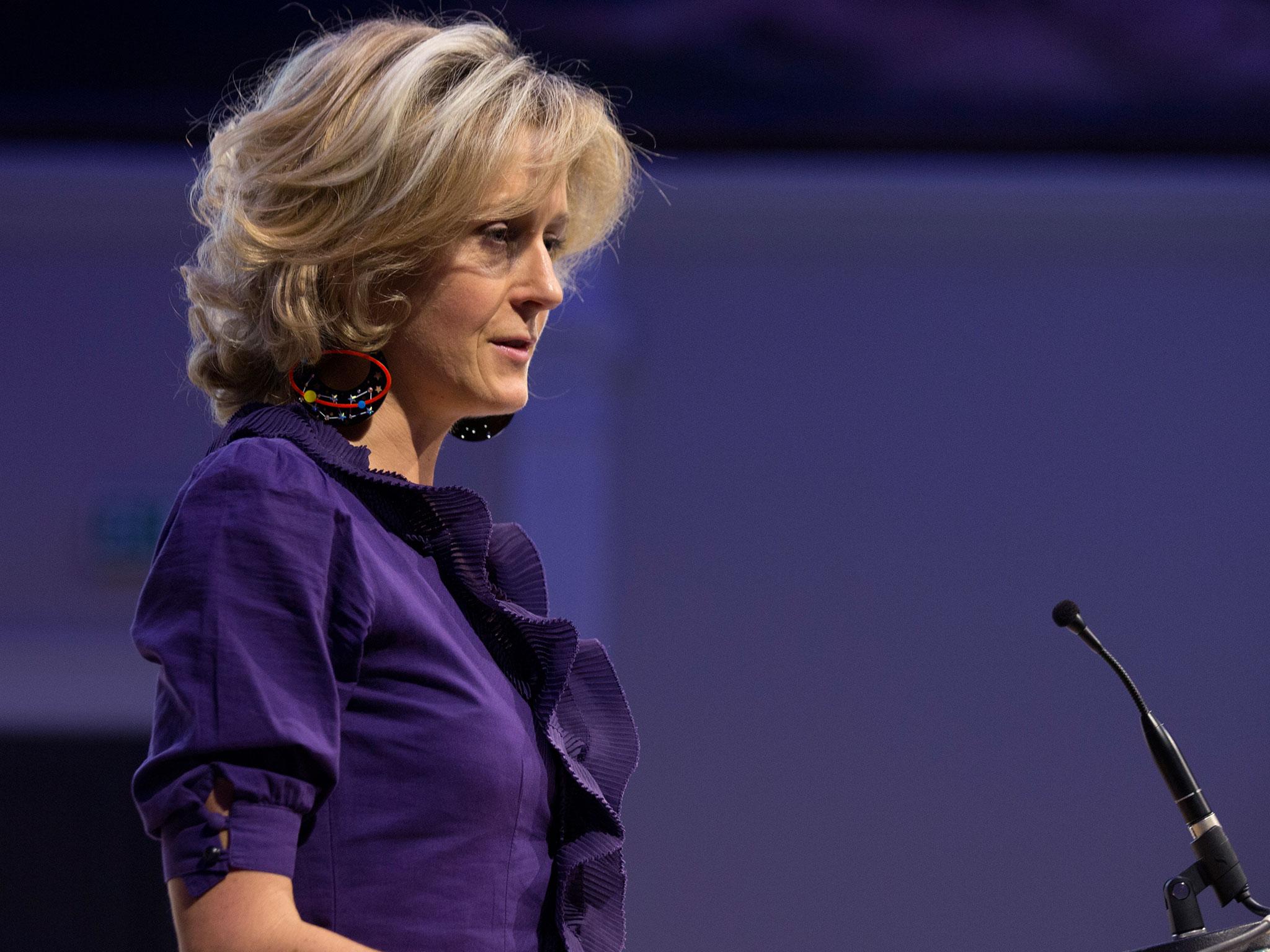Free the internet from commercial interests, says Martha Lane Fox

Your support helps us to tell the story
From reproductive rights to climate change to Big Tech, The Independent is on the ground when the story is developing. Whether it's investigating the financials of Elon Musk's pro-Trump PAC or producing our latest documentary, 'The A Word', which shines a light on the American women fighting for reproductive rights, we know how important it is to parse out the facts from the messaging.
At such a critical moment in US history, we need reporters on the ground. Your donation allows us to keep sending journalists to speak to both sides of the story.
The Independent is trusted by Americans across the entire political spectrum. And unlike many other quality news outlets, we choose not to lock Americans out of our reporting and analysis with paywalls. We believe quality journalism should be available to everyone, paid for by those who can afford it.
Your support makes all the difference.The internet needs an independent body to resolve some of the larger questions around commercialisation, privacy, and safety, the digital pioneer Martha Lane Fox has said.
The crossbench peer and co-founder of last minute.com called for Britain to lead the way in setting up a body in a bid to counter the rise of commercial concerns that dominate Britain’s relationship with the internet.
Her comments, delivered last night in an impassioned speech at the Richard Dimbleby lecture, addressed concerns that commercial interests such as monetising traffic and large companies such as Facebook and Twitter have become so powerful that governments and regulators are left behind. “I believe we should make sure that the original promises of the internet – openness, transparency, freedom and universality – are a national asset,” she said.
“It will make sure the UK fills the moral and ethical gap that exists at the heart of discussions about the Internet.”
“It would have some hard levers – a clear mandate from government that would give it the ability to take certain actions.” Her comments come after campaigners accused European governments of watering down new EU data regulations and David Cameron lobbied for encrypted messaging services to be banned in a bid to clamp down on potential terror threats, prompting a backlash from privacy advocates.
Baroness Lane-Fox said: “The Snowden revelations and subsequent tribunal this year found that up to 2013 GCHQ had been undermining encryption and bulk collecting our data. Whatever you think about the effectiveness of executive oversight, everyone agrees that the legislation governing our data is woefully inadequate.
“Right now, many of the people responsible for renewing that legislation don’t have all the technical knowledge required to do the best job possible. Surely this has to change. There is no shortage of other issues to be explored,” she said. “Do children need different rights online? What are the implications of wearable technology? Of an Internet embedded in devices in your home?”
In 2009 Baroness Lane-Fox was appointed as the government's "digital inclusion champion" and wrote a report on the UK's digital strategy.
Join our commenting forum
Join thought-provoking conversations, follow other Independent readers and see their replies
Comments